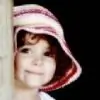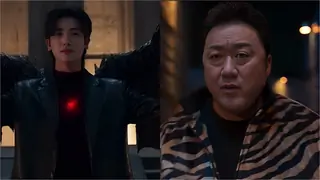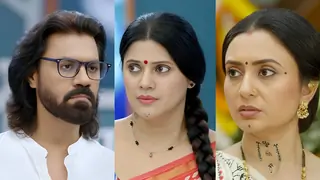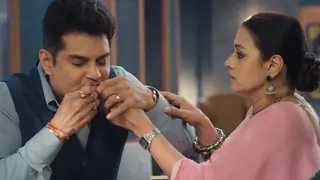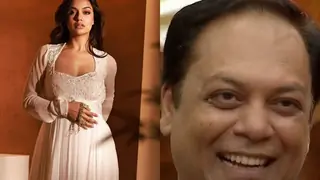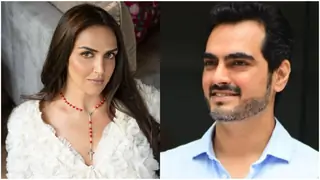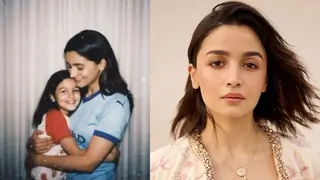Mystery of melody
BHUMIKA K
Yesteryear Hindi film music composer O.P. Nayyar on Asha Bhonsle, Lata Mangeshkar and why he's turned his back on music.
http://www.hinduonnet.com/thehindu/fr/2006/12/29/stories/200 6122900570400.htm
------------------------------------------------------------ --------------------
Even today I don't listen to any music at all! I don't listen to my own music
------------------------------------------------------------ --------------------
MAGICAL TOUCH O.P. Nayyar Photo: K. MURALI KUMAR
MAGICAL TOUCH O.P. Nayyar
There's never been any looking back for music director O.P. Nayyar. Not even now when he's 82, sporting a black felt hat and a whole lot of attitude. Whether it is with his success, his music, his directors and singers, his birthplace, the women in his life... he lives on believing in the adage that whatever happens is for the best.
Many will remember his snappy songs, known for their "ghoda gadi" tunes that bore a characteristic clip-clop rhythm, like in "Maang ke saath tumhara" from "Naya Daur"; or the poignant "Yeh hai Bombay meri jaan" from "CID". It was he who made the voices of Geeta Dutt and Asha Bhonsle so synonymous with seduction, giving them iconic hits like "Babuji dheere chalna" and "Aayiye meherban". His unquestioned genius redefined Hindi film music during the 1950s and was an indelible part of the epoch-making Golden Age of Hindi film music.
Having created incandescent music for two decades for the Hindi film industry, one wonders why he stopped suddenly somewhere in the mid-1970s. "I'm 82 now," smiles the wiry man. "I don't feel like composing for today's films. There is a time for everything... there was a time when God made me give music."
God is the answer to most of what we ask Nayyar-saab. He believes that he is blessed. Otherwise how would anyone like him, with no formal training in music, without knowing the "alpha-beta and raag-raaginis of music" as he puts it, be able to compose? No one in the family was a musician and he himself had never listened to music. That's not all. "I never listened to music composed by my contemporaries either as I feared they would influence me. Even today I don't listen to any music at all! I don't listen to my own music. If the world listens to my music, it is God's grace."
How did he manage to compose such unforgettable numbers then? Perhaps a mystery that will go with him.
What he does not keep mysterious, however, is his relationship with singer Asha Bhonsle. Asha's musical career soared when she sang for him for over two decades. But today he openly pans her: "Machine chalti zaroor hai par woh dum nahin hai"(Her singing is like a machine that runs, but without much feeling.)
He insists that Asha sang some of her best songs for him because she was "involved" with him. "Asha's magic came out when she was with me. Now there is no ras in her singing. But Asha is Asha. No one can be her." Love, he says, coloured their music. "Please don't mind my frankness."
Right now he's enjoying life, living in the suburbs of Mumbai. "I drink a bottle of beer in the afternoon and eat my fish or chicken, and have a peg of whisky at night with gobi bhajjias! There is this one film I see and I can see it even 20 times a day — 'Ye Raat Phir Na Aaye'. What a film!"
He now practises homeopathy. "Medicine and music are both healers — one of the body and one of the soul," he says of the switch in profession.
For someone who gave such dynamic music from the heart and laced with Punjabi fervour, it comes as a bolt from the blue when he coolly says it was all a business and what he got at the end of the day from the film industry was money and fame.
It is of course Bollywood legend that he was charging a lakh for a film when such amounts were unheard of. "I used to make a dhun (tune) in five minutes; it never took me more than that. But I would always tell the filmmaker to come back after 15 or 20 days so that it wouldn't look that simple," he laughs. The director, the songwriter and he would sit together and write for the situation. "I couldn't even read Hindi. So anything that was in Urdu, I would say 'wah wah'!"
He has respect for gifted contemporaries like C. Ramachandra, Roshan, Shankar-Jaikishan and Salil Choudhury. "Now machines make even the besura sura!"
Not surprisingly, the film industry saw him as arrogant and temperamental. Did he see himself that way? "Everything is distorted. People who were jealous of me spread such things. Otherwise, would directors have given me work? I was humble and down-to-earth. But I do have my self-respect... "
The fact that the legendary Lata Mangeshkar never sang for him (he felt her voice was not suited for his compositions and didn't bother to conceal his opinion) is raised... yet again. "There was no jhagda. Everyone makes a mountain of a molehill. Asha couldn't be Lata. Lata is Lata. But I was never tempted to work with Lata. And once I turn away from something, I never go back."
Returning to Lahore, his birthplace, is also a nightmare he'd rather not face. "I'll drop down dead at Wagah," he says, the painful memories of Partition brimming in his eyes. "We were forced out of the country when we didn't want to leave home. Politicians have divided nations. That's why I always say humanity is my only religion."
But then he cheers up as you quickly change the subject to his favourite black hat with a spiffy feather, and his black felt coat. "Nazar na lagao... pehle se hi kaala hai! I'm bald, so I wear it," he says tipping his hat charmingly, as his eyes crinkle up behind the lined cheeks. "It adds to my personality, you know. I love black."
Edited by Swar_Raj - 18 years ago











